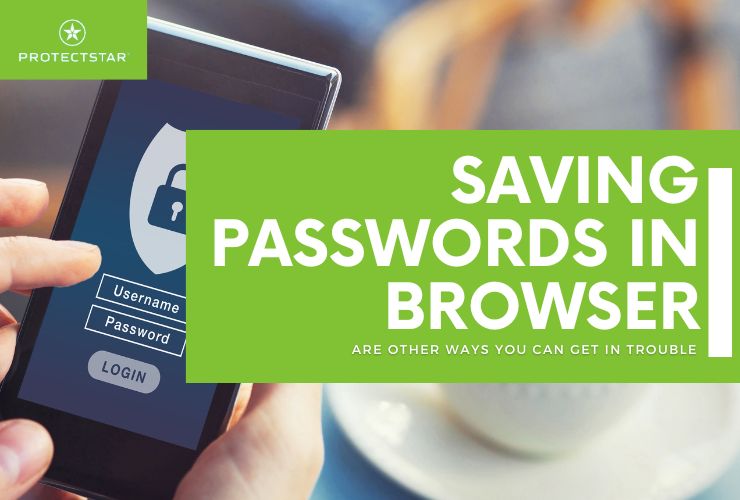Fort Knox Your Logins: Tips on Avoiding Password Leaks

Just like securing your valuables in the real world, protecting your online identity is crucial. One of the most important lines of defense is setting strong, unique passwords for every account. But with data breaches becoming increasingly common, how do you ensure your passwords stay safe from prying eyes?
Here is what you can do to keep your passwords online secure:
Building an Unbreakable Wall:
- Ditch the Browser Vault: Browsers offer the convenience of saving passwords, but resist the urge. These stored passwords are vulnerable if someone gains access to your device.
- Embrace the Power of Encryption: Invest in a password manager, an encrypted vault that stores all your unique, complex passwords. These apps often generate strong passwords for you and autofill login information. Some like LastPass and Bitwarden are free to use on a number of devices and can be very helpful in keeping your online visibility in check.
- Beware the Mimicry: Pop-up ads can be deceptive. Never click on buttons that appear to be hyperlinked to another window within the ad itself. These could be phishing attempts designed to steal your login credentials.
To Encrypt or Not to Encrypt?
While password managers generate strong passwords, some people wonder if it really matters compared to creating their own. The answer? Yes, it absolutely does. While creating a complex password yourself is commendable, it's incredibly difficult to remember unique passwords for every account. Humans tend to reuse passwords or create variations that are easily cracked by hackers. Password managers eliminate this risk by generating truly random and unguessable passwords.
Damage Control: When Leaks Happen
Unfortunately, data breaches do occur. Here's what to do if you find yourself caught in the crossfire:
- Change Your Passwords (Immediately!): This applies to any account where you used the leaked password. Don't wait!
- Activate Two-Factor Authentication (2FA): This adds an extra layer of security by requiring a code from your phone or email in addition to your password. Think of it as a double lock on your digital door.
- Monitor Your Accounts: Keep an eye on your bank statements and credit reports for any suspicious activity.
Signs You Might Be Under Attack
While strong passwords and vigilance are key, there's always a chance your device might be infiltrated. Here are some signs to watch out for:
- Slow Performance: Is your computer or phone sluggish or unresponsive? This could be a sign that malware is running in the background, draining resources.
- Suspicious Pop-Ups and Redirects: Are you bombarded with unexpected pop-ups or constantly redirected to unfamiliar websites? This could be adware or a sign your browser has been hijacked.
- Unexplained Software: Do you have programs on your device you don't remember installing? These could be malicious and should be removed immediately.
- Missing or Corrupted Files: Are important files missing or damaged? This could be the work of ransomware, a type of malware that encrypts your files and demands a ransom for decryption.
If you experience any of these signs, run a scan with reputable antivirus and anti-malware software. Consider seeking help from a computer technician if the problem persists.
Consider using a password manager with built-in "dark web monitoring" features. These tools can alert you if your email address or other information appears in a data leak.
Have some comments about this post? Follow us on social media and tell us all about it!
Stay Safe Out There!